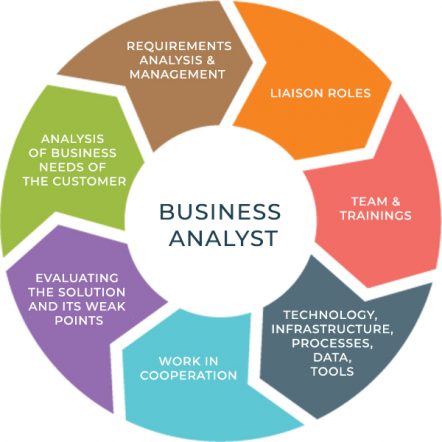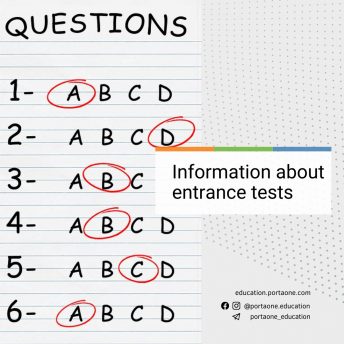A developer refuses point-blank to work on such terms as he knows it takes a lot of redo or remake stuff. It is a tight corner. Who is supposed to help out? A business analyst.
He thoroughly examines the functionality of the app, and it turns out that “exactly the same” is, to put it mildly, an overestimation. Competitors have different business processes which means that the stages of ordering and designing the product differ. And even the design of the program, given as an example by a customer does not really suit him.
In other words, the business analyst translates the emotional “do exactly the same” into a technical task and then delegates it to the programmers. Everyone is satisfied.
Business Analyst is a mediator between an IT company and a customer, a player who effectively plays for both teams. His task is to understand the problem and requirements of the customer and propose the most effective solution. After the technical task is defined, BA consults the programmers at all stages, representing the interests of the customer.
Here is a list of the main functions of a business analyst:
- Analysis of business needs of a customer;
- Creating requirements for the future product (communication with interested parties – developers, customers, end users);
- Requirements analysis (prototyping, questionnaires, testing, brainstorming, analysis of existing documentation, )
- Evaluating the solution and its weak points, searching for the ways to improve them;
- Formalization of requirements (subdividing requirements into business, functional, non-functional, writing specifications of requirements);
- Requirements management (processing the requests for changes, analysis and description of the impact on existing requirements);
- Communicating the requirements between developers and a client.
Typical working day of business analyst consists of meetings (or phone calls) with a customer and the project team, working out solutions, creating solution prototypes, working on customer requirements (collecting, clarifying, writing technical tasks and specifications), consulting developers and testers, studying existing standards.
Business Analyst is a job for those who like to get to the core of the matter. A business analyst sees definite shortcomings of the functional such as small selection of payment systems, lack of card payment options.
The necessary qualities BA needs are communication skills and ability to negotiate conflicts. They also need to be quick learners as well as be knowledgeable about the capabilities of the product and trends in the market as a whole.
Analysts come from:
- IT specialists , if talking to people is more rewarding than creating code. But in this case, you will need to upgrade your own knowledge in the business area, where you are going to work
- Business professionals without an IT background. These people are familiar with the field they will work in, but they have to learn IT skills.
Of course, you can “settle down” in business analytics after completing our courses: Our graduates gain not only a good command of IT-knowledge, problem-solving skills (ability to analyze the situation, find and correct the mistake), but also soft skills which are important for BA (ability to communicate with people and “resolve” conflicts, to explain how a product works).




